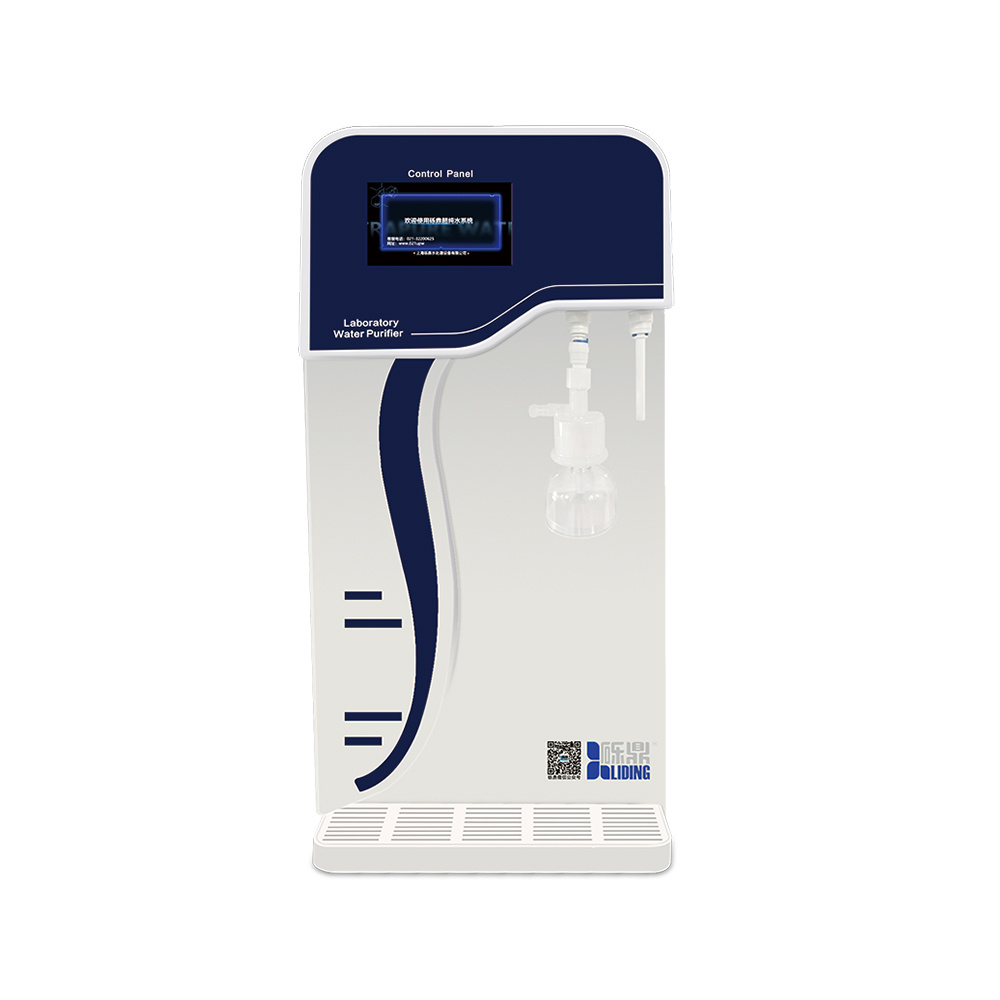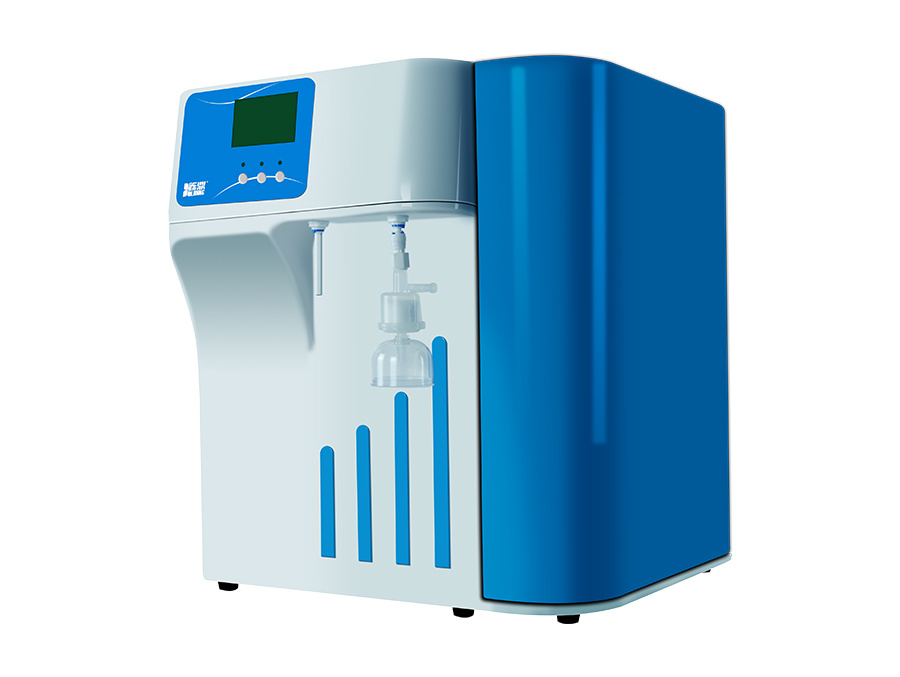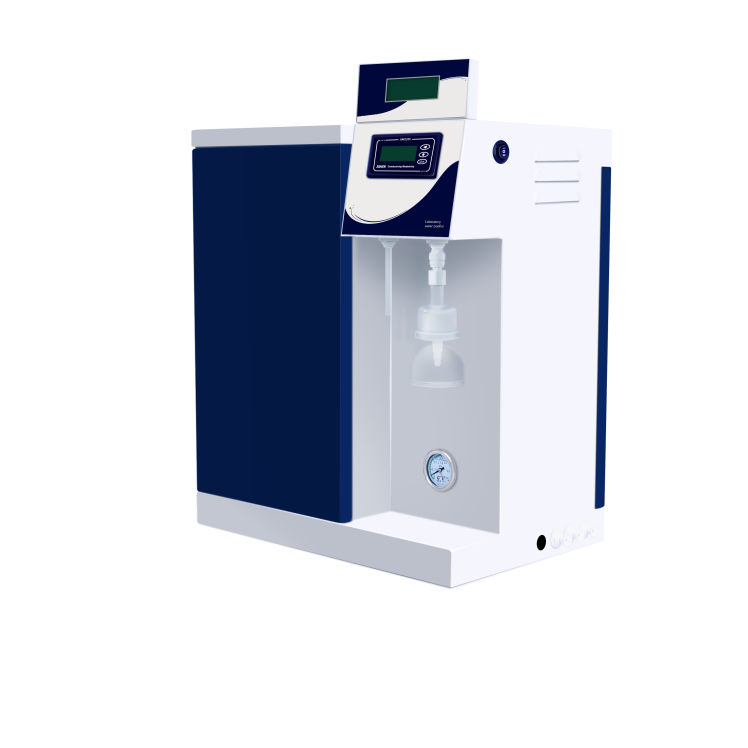Maximizing Efficiency: Integrating Ultra Pure Water Equipment into Your Processes
Time:
Jun 15,2025
Maximizing Efficiency: Integrating Ultra Pure Water Equipment into Your Processes
Table of Contents
1. Introduction to Ultra Pure Water Equipment
2. Importance of Ultra Pure Water in Industrial Applications
3. Types of Ultra Pure Water Equipment
3.1 Reverse Osmosis Systems
3.2 Electrodeionization Systems
3.3 Ultra Filtration Systems
3.4 Distillation Units
4. Benefits of Integrating Ultra Pure Water Equipment
5. Strategies for Successful Integration
5.1 Assessing Your Current Water Treatment Systems
5.2 Identifying Compatibility Issues
5.3 Planning and Implementation
6. Maintenance Best Practices for Ultra Pure Water Equipment
7. Case Studies: Successful Integration Examples
8. Frequently Asked Questions (FAQs)
9. Conclusion
1. Introduction to Ultra Pure Water Equipment
In the evolving landscape of industrial processes, the need for **ultra pure water (UPW)** has never been more critical. Ultra pure water equipment is designed to eliminate contaminants and achieve the highest water purity levels necessary for specialized applications. Whether in pharmaceutical manufacturing, semiconductor production, or any other industry requiring stringent water quality, UPW systems play a vital role in enhancing efficiency and product integrity.
2. Importance of Ultra Pure Water in Industrial Applications
Ultra pure water is not merely a requirement; it is a cornerstone of quality assurance in various sectors. The significance of UPW is particularly pronounced in industries where even trace amounts of impurities can lead to detrimental effects. For instance, in electronics manufacturing, impurities can compromise the performance of semiconductor devices. Similarly, in the pharmaceutical industry, contaminants in water can lead to product recalls and regulatory penalties. By integrating ultra pure water equipment, companies can safeguard their processes and maintain regulatory compliance.
3. Types of Ultra Pure Water Equipment
The landscape of ultra pure water equipment comprises various technologies, each tailored to meet specific purity requirements. Understanding these systems is crucial for selecting the right one for your operational needs.
3.1 Reverse Osmosis Systems
Reverse osmosis (RO) systems utilize semi-permeable membranes to remove contaminants from water. This method is highly effective in reducing dissolved solids, bacteria, and other impurities, making it an ideal first step in the purification process.
3.2 Electrodeionization Systems
Electrodeionization (EDI) combines ion exchange resins and electric current to remove ions from water. EDI systems are particularly beneficial as they produce ultra pure water continuously and require less chemical regeneration than traditional methods.
3.3 Ultra Filtration Systems
Ultra filtration (UF) systems use membranes with micro- or ultrafiltration capabilities to separate larger particles and microorganisms from water. This technology is often employed as a pre-treatment step to enhance the efficiency of subsequent purification processes.
3.4 Distillation Units
Distillation involves heating water to create steam, which is then condensed back into liquid form. This method effectively removes a wide range of contaminants, including heavy metals, making it a reliable purification method for industries requiring exceptionally pure water.
4. Benefits of Integrating Ultra Pure Water Equipment
Integrating ultra pure water equipment into your processes offers several benefits that can significantly enhance operational efficiency:
1. **Improved Product Quality**: High-purity water reduces the risk of contamination, leading to superior product quality.
2. **Increased Operational Efficiency**: Automated UPW systems streamline water management, reducing manual intervention and associated errors.
3. **Cost Savings**: By minimizing product recalls and rework, companies can save substantially on operational costs.
4. **Enhanced Compliance**: Meeting stringent regulatory standards becomes easier with reliable UPW systems, reducing the risk of penalties.
5. **Sustainability**: Many modern ultra pure water systems are designed to optimize water usage, contributing to more sustainable industrial practices.
5. Strategies for Successful Integration
Successfully integrating ultra pure water equipment requires careful planning and execution. Here are essential strategies to ensure seamless incorporation into your existing processes:
5.1 Assessing Your Current Water Treatment Systems
Begin by evaluating your existing water treatment systems. Identify any deficiencies in water quality and areas where UPW can bring improvements.
5.2 Identifying Compatibility Issues
Compatibility with existing systems is crucial. Assess whether the new UPW equipment can be integrated without causing disruptions or requiring extensive modifications.
5.3 Planning and Implementation
Develop a detailed implementation plan that outlines timelines, responsibilities, and key performance indicators. Stakeholder buy-in is essential for a smooth transition.
6. Maintenance Best Practices for Ultra Pure Water Equipment
To ensure the longevity and efficiency of ultra pure water equipment, regular maintenance is crucial. Here are some best practices to follow:
1. **Routine Inspections**: Conduct regular inspections of all components to identify wear and tear.
2. **Scheduled Cleaning**: Implement a cleaning schedule for membranes and other critical parts to prevent fouling and maintain performance.
3. **Monitor Water Quality**: Regularly test the output water for purity levels to ensure compliance with industry standards.
4. **Staff Training**: Train personnel on proper operation and maintenance procedures to minimize the risk of equipment failure.
7. Case Studies: Successful Integration Examples
Numerous companies have successfully integrated ultra pure water equipment into their processes, yielding impressive results. For instance, a leading semiconductor manufacturer reported a 30% reduction in water-related operational downtime after implementing an advanced RO-EDI system. Similarly, a pharmaceutical company achieved a significant increase in product yield following the integration of ultra filtration systems for pre-treatment. These case studies illustrate the transformative impact of ultra pure water equipment on operational efficiency.
8. Frequently Asked Questions (FAQs)
**Q1: What is ultra pure water?**
A1: Ultra pure water is water that has been purified to remove nearly all contaminants, making it suitable for sensitive industrial applications.
**Q2: How does integrating UPW equipment enhance efficiency?**
A2: By reducing contaminants, UPW systems improve product quality, decrease waste, and streamline operations.
**Q3: What industries benefit from ultra pure water?**
A3: Industries such as pharmaceuticals, semiconductors, and food processing rely heavily on ultra pure water for their operations.
**Q4: What maintenance is required for UPW systems?**
A4: Regular inspections, cleaning, and monitoring of water quality are essential for maintaining UPW systems.
**Q5: How do I choose the right ultra pure water equipment?**
A5: Assess your specific needs, water quality requirements, and compatibility with existing systems to select the appropriate equipment.
9. Conclusion
Integrating ultra pure water equipment into industrial processes is not just a trend; it is a strategic move towards maximizing efficiency, enhancing product quality, and ensuring compliance with regulatory standards. By carefully selecting the right equipment, implementing effective integration strategies, and adhering to best maintenance practices, industries can unlock the full potential of their water management systems. As we continue to innovate and evolve, the role of ultra pure water will remain pivotal in driving operational excellence and sustainability across diverse sectors.







